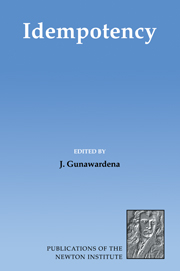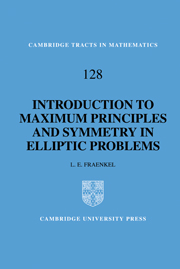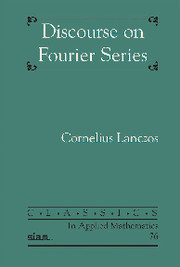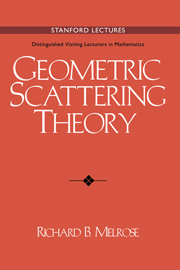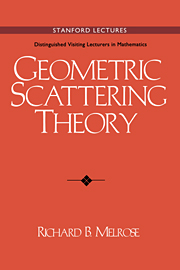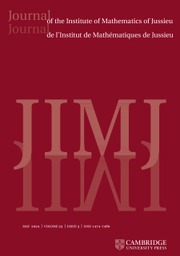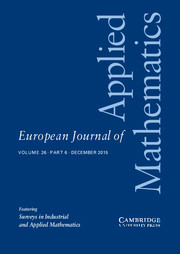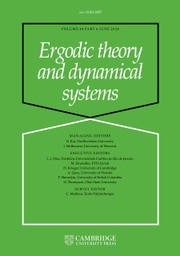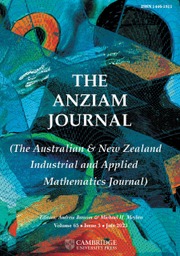Idempotency
Certain nonlinear optimization problems arise in such areas as the theory of computation, pure and applied probability, and mathematical physics. These problems can be solved through linear methods, providing the usual number system is replaced with one that satisfies the idempotent law. Only recently has a systematic study of idempotency analysis emerged, triggered in part by a workshop organized by Hewlett-Packard's Basic Research Institute in the Mathematical Sciences (BRIMS), which brought together for the first time many leading researchers in the area. This volume, a record of that workshop, includes a variety of contributions, a broad introduction to idempotency, written especially for the book, and a bibliography of the subject. It is the most up-to-date survey currently available of research in this developing area of mathematics; the articles cover both practical and more theoretical considerations, making it essential reading for all workers in the area.
- Brings together for the first time contributions from the main research groups in the area
- Theoretical contributions as well as applications to practical problems
- Specially written introduction to both the subject and the individual papers
Reviews & endorsements
"...interesting...a very valuable addition to the bookshelf of anybody who wishes to work in this field or wants to know more about the subject. Those researchers who are familiar with the subject will find a variety of new challenging problems...Inspiring collection of applications should secure the book a good place in the existing literature on the topic...and the variety of multidisciplinary approaches within the common topic of idempotency should be of interest to applied and pure mathematicians, theoretical physicists, engineers and computer scientists." Discrete Dynamics in Nature and Society
Product details
January 2008Paperback
9780521055383
456 pages
228 × 151 × 25 mm
0.684kg
25 b/w illus.
Available
Table of Contents
- Foreword
- Preface
- List of participants
- 1. An introduction to idempotency Jeremy Gunawardena
- 2. Tropical semirings Jean-Eric Pin
- 3. Some automata-theoretic aspects of min-max-plus semirings Daniel Krob
- 4. The finite power property for rational sets of a free group Flavio d'Alessandro and Jacques Sakarovitch
- 5. The topological approach to the limitedness problem on distance automata Hing Leung
- 6. Types and dynamics in partially additive categories Gianfranco Mascari and Marco Pedicini
- 7. Task resource models and (max,+) automata Stéphane Gaubert and Jean Mairesse
- 8. Algebraic system analysis of timed Petri nets Guy Cohen, Stéphane Gaubert and Jean-Pierre Quadrat
- 9. Ergodic theorems for stochastic operators and discrete event networks François Baccelli and Jean Mairesse
- 10. Computational issues in recursive stochastic systems Bruno Gaujal and Alain Jean-Marie
- 11. Periodic points of nonexpansive maps Roger D. Nussbaum
- 12. A system-theoretic approach for discrete-event control of manufacturing systems Ayla Gürel, Octavian C. Pastravanu and Frank L. Lewis
- 13. Idempotent structures in the supervisory control of discrete event systems Darren D. Cofer and Vijay K. Garg
- 14. Maxpolynomials and discrete-event dynamic systems Raymond A. Cunninghame-Green
- 15. The Stochastic HJB equation and WKB method Vassili N. Kolokoltsov
- 16. The Lagrange problem from the point of view of idempotent analysis Serguei Samborskii
- 17. A new differential equation for the dynamics of the Pareto sets Vassili N. Kolokoltsov and Victor P. Maslov
- 18. Duality between probability and optimization Marianne Akian, Jean-Pierre Quadrat and Michel Viot
- 19. Maslov optimization theory: topological aspects Pierre Del Moral
- 20. Random particle methods in (max,+) optimization problems Pierre Del Moral and Gérard Salut
- 21. The geometry of finite dimensional pseudomodules Edouard Wagneur
- 22. A general linear max-plus solution technique Elizabeth A. Walkup and Gaetano Borriello
- 23. Axiomatics of thermodynamics and idempotent analysis Victor P. Maslov
- 24. The correspondence principle for idempotent calculus and some computer applications Grigori L. Litvinov and Victor P. Maslov.

